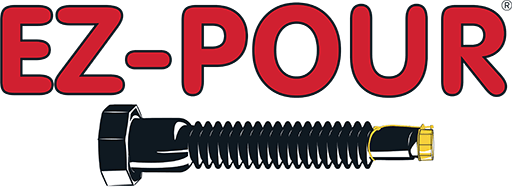Fuel is the backbone of industries, transportation, and day-to-day operations. But while it keeps everything moving, it can also create hidden problems if not stored and maintained correctly. Over time, contaminants in storage tanks can compromise fuel quality, reducing efficiency and damaging the very equipment it’s meant to power.
These issues often remain unnoticed until they lead to costly repairs, downtime, and lost productivity. For fleets that depend on consistent performance, preventing contamination is essential to protecting both equipment and the bottom line.
How Contaminants Affect Fleet Performance
A report by the EPA found that 35 of 42 (83%) diesel fuel underground storage tanks (USTs) studied had moderate or severe corrosion. This corrosion can affect the metal in steel and fiberglass systems and keep equipment from working properly. If not addressed, corrosion could cause UST system failures and releases, which could lead to groundwater contamination.
Poor fuel quality can impact nearly every part of fleet performance.
- Repair Costs – Frequent repairs to injectors, fuel lines, and other engine components add up quickly, and costs climb even higher when an engine overhaul is required.
- Downtime – Equipment failure leads to unscheduled downtime, resulting in delays, lost productivity, and missed opportunities.
- Efficiency – Poor fuel quality can cause poor combustion, thereby reducing engine performance and efficiency. Over time, this can increase fuel consumption and drive up operating costs.
- Lifespan – Frequent contamination-related issues can shorten the lifespan of engines and fuel systems, leading to premature equipment replacements.
Best Practices for Protecting Fuel Quality
Taking proactive steps with storage and maintenance helps reduce the risks of contamination and keeps fleets running smoothly.
Tank Conditions
Keep tanks in well-ventilated, temperature-controlled areas to limit condensation and wax formation.
Inspect tanks for cracks, leaks, or deterioration that could allow contaminants to enter. Replacing worn seals, gaskets, and valves helps protect the integrity of the system and ensures safe fuel storage.
Fuel Additives
Fuel additives play a role in maintaining fuel quality and preventing contamination.
- Water-removal additives help prevent water from separating from the fuel.
- Microbial inhibitors can stop bacteria and fungi from growing.
- Winter additives are used in colder climates to prevent wax formation and keep fuel flowing smoothly.
Regular Fuel Testing
Routine testing detects contaminants before they cause major problems. Fuel samples should be taken regularly and analyzed for water content, microbial growth, and overall quality.
Upgrade Gas Cans With EZ-POUR®
Fuel quality matters no matter what you’re powering—whether it’s equipment on the job, tools in the garage, or recreational vehicles on the weekend. Safe, reliable refueling helps protect your engines and keeps everything running as it should.
EZ-POUR®’s universal replacement spouts allow you to pour fluid easily from your gas can and say goodbye to messy spills. Each spout comes as a kit with different base caps to fit 98% of all plastic gas cans, including those manufactured by Blitz, Briggs & Stratton, Chilton, Igloo, Wedco, and many more.
To get your kit, shop online or visit one of our retailers today!

